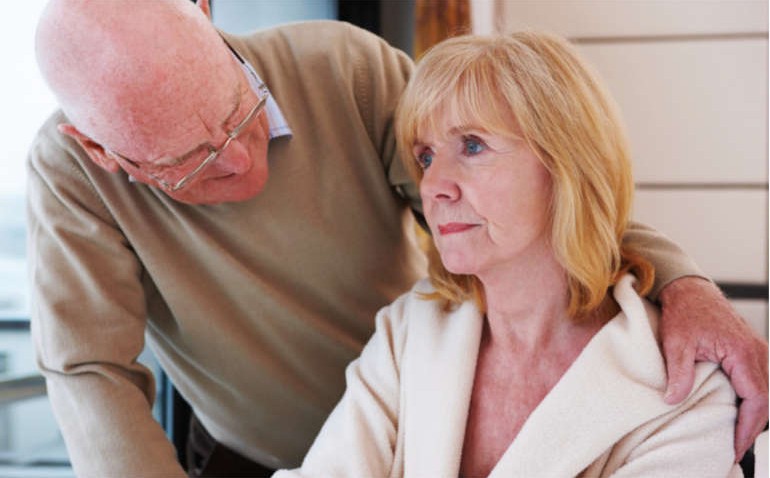An estimated 69,000 people in the UK with Parkinson’s have experienced hostility and rudeness from members of the public – according to data released today by Parkinson’s UK on the launch of Parkinson’s Awareness Week.
The figures reveal an astonishing number of people with Parkinson’s have come up against public misunderstanding – a third (32 per cent) of people with Parkinson’s have been stared at, a quarter (25 per cent) have been accused of drunkenness, and one in ten (11 per cent) have been laughed at because of their symptoms.
This hostility has a profound effect on people with Parkinson’s – of those who experienced negative reactions 45 per cent said they were left feeling inferior, 36 per cent felt intimidated and 22 per cent felt invisible.
Parkinson’s affects 127,000 people in the UK. With 46 per cent experiencing depression and 62 per cent suffering from anxiety as a result of their condition clinicians warn insensitive public reactions could be wreaking untold damage on their mental health.
Professor David Burn, Parkinson’s UK Clinical Director and Consultant Neurologist, warned:
“It’s devastating to see the added burden thoughtless reactions from the public are having on people with Parkinson’s. Patients I see in the clinic are already battling a myriad of neurological symptoms including anxiety, depression and insomnia. The last thing they need is to feel like a zoo exhibit when they step out of their front door.
“It’s a situation where simple kindness and old-fashioned manners can actually have a life-changing impact on people with Parkinson’s. Understanding, patience and empathy can make the difference to someone with Parkinson’s as to whether they feel imprisoned in their own home, or confident to go out in public.”
Karen Wenmouth, 47 from Stoke in Coventry, whose husband Richard, 33, was diagnosed with Parkinson’s at just 26, said:
“When Richard was first diagnosed he had a lot of trouble walking – he wasn’t able to control his arms and legs, and was extremely self-conscious in public. Once we were coming out of a restaurant and two twenty something men started laughing and pointing. I told them that he had Parkinson’s and they apologised, but the damage to Richard was already done.
“He just wishes the public were more understanding – and not to be judgemental when he’s slurring his speech and shuffling around. It’s not because he’s drunk. I think it’s particularly hard for him because he’s a young man.”
The report also revealed the knock-on effects of public humiliation on people with Parkinson’s – almost one in five (19 per cent) who had experienced discrimination and negative reactions would rather skip a meal and go hungry then venture out to the shops, and 15 per cent admitted they feel trapped inside their homes because of these reactions.
To combat this, throughout Parkinson’s Awareness Week (20 – 26 April), Parkinson’s UK are urging people to ‘up your friendly’, by pledging to do small acts of kindness that can make an enormous difference to the lives of people with Parkinson’s.
Steve Ford, Chief Executive at Parkinson’s UK, explains:
“We certainly don’t expect people to be experts in knowing whether or not the person taking a little longer at the till, or looking unsteady on their feet is living with Parkinson’s.
“But by signing up to our new campaign with a small pledge – to smile or be that bit more patient – you can have a real impact on the lives of people with Parkinson’s.”
For more information, and to find out how to get involved in Parkinson’s Awareness Week for Parkinson’s UK, visit upyourfriendly.com





